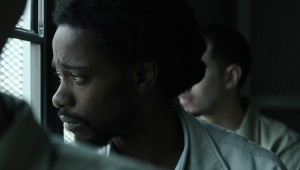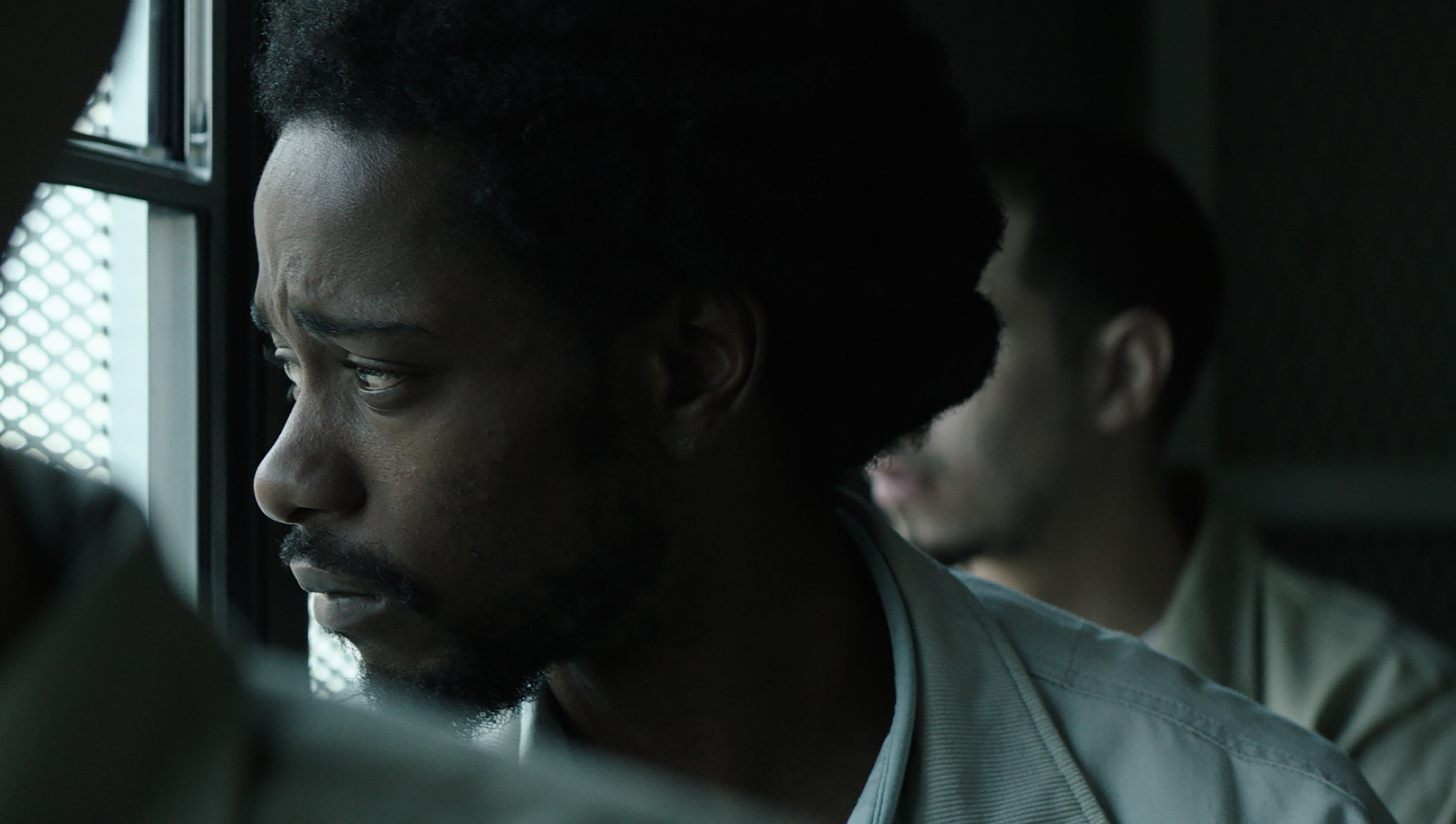
Being a black man in America is hard. This understatement is depicted in the new film “Crown Heights,” based on Colin Warner’s 21 years in prison for a crime he didn’t commit.
The film, written and directed by Matt Ruskin, follows Warner’s case through his trial, his four years in solitary confinement, his marriage, and his best friend Carl King’s countless attempts to set him free. The movie gives audiences an intimate look at the incarceration issues plaguing the black community.
Warner, who at the time was a recent Trinidadian immigrant, was arrested in 1980 for murder of a boy he had never met. At his trial, Warner is hearing testimonies from people he also never met before a jury of mainly white people. Many of the witnesses were minors, who later admitted to being pressured by cops to name Warner as the murderer.
“There aren’t many words I can convey to tell you how I was feeling going through that process,” Warner said during an interview with cast members in New York. “That was my life at one time. It was a life I didn’t want, but I had to endure. At the end of the day, I wanted to be released from prison — but not as a murderer, but as somebody who is not a murderer.”
Warner was on trial with the actual murderer and spent more time in prison. According to the NAACP, Blacks and Hispanics make up only 32 percent of the U.S. population, but make up 56 percent of prisoners. What’s worse is that 30 years after Warner’s case, the prison system is still letting our black men down like Kalief Browder and Pedro Hernandez to name a few.
“To help this situation, there needs to be many reforms with the initial arrest and the way the lead detective handles the case,” said King, who is portrayed by Nnamdi Asomugha. “In many cases the lead detective has so much power over the case; he can show lineups in any form and he can actually suggest stuff and there is no one else controlling this. I think it needs to be a felony if you can prove an officer was malicious in causing an arrest and conviction because there are no kind of penalties for these guys.”
Warner was exonerated in 2001 and awarded $2.7 million in 2002. He moved to Georgia with his wife, Antoinette, and their daughter. King still lives in New York and continues to work as a process server. He recently started his own nonprofit, Success to Freedom, dedicated to helping those who have been wrongly convicted.
“I think to make change in any situation like this it requires a community-family effort,” said Lakeith Stanfield, who plays Warner in the film. “We can’t do this by our selves. We need people of the outside to be invested in order to seek that this change comes about.”
“That means all people from all backgrounds, in all religions, in all creeds, in all sexes, in all ages, need to be involved in seeking justice for those who can’t. Because from the prison walls, no one will hear you screaming your innocence.”
Other themes touched upon in the movie are immigration, brotherhood, friendship, parole and the image black men have to put forward to be seen as less threatening. “Crown Heights” won an Audience Award at the 2017 Sundance Film Festival.
“My main goal is to see people see the movie around the world because I know my situation is not isolated to America,” Warner said. “People are suffering; people are going through the same stuff. I could be dead, and no one would know my story.’
“What I would like and what Carl would like is that y’all push it out there to your grandkids, your kids, your nieces and nephews to go watch it, because they are the ones who will be in positions of power. And they have to know; they can’t go around walking with their eyes closed anymore.”
Eileen Salazar is creative director and a multimedia producer for 101Magazine.net. She is a senior at Howard University.










Recent Comments